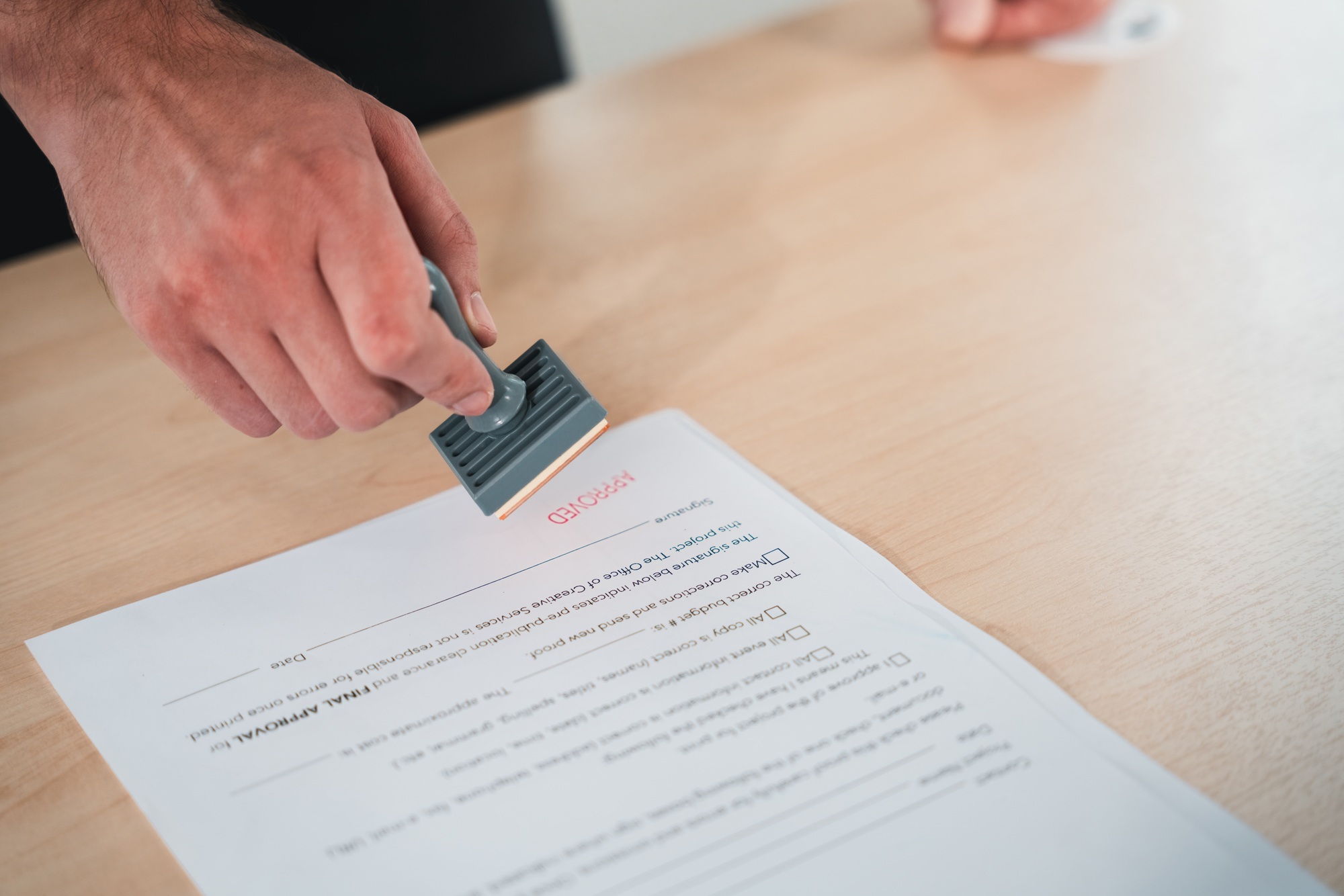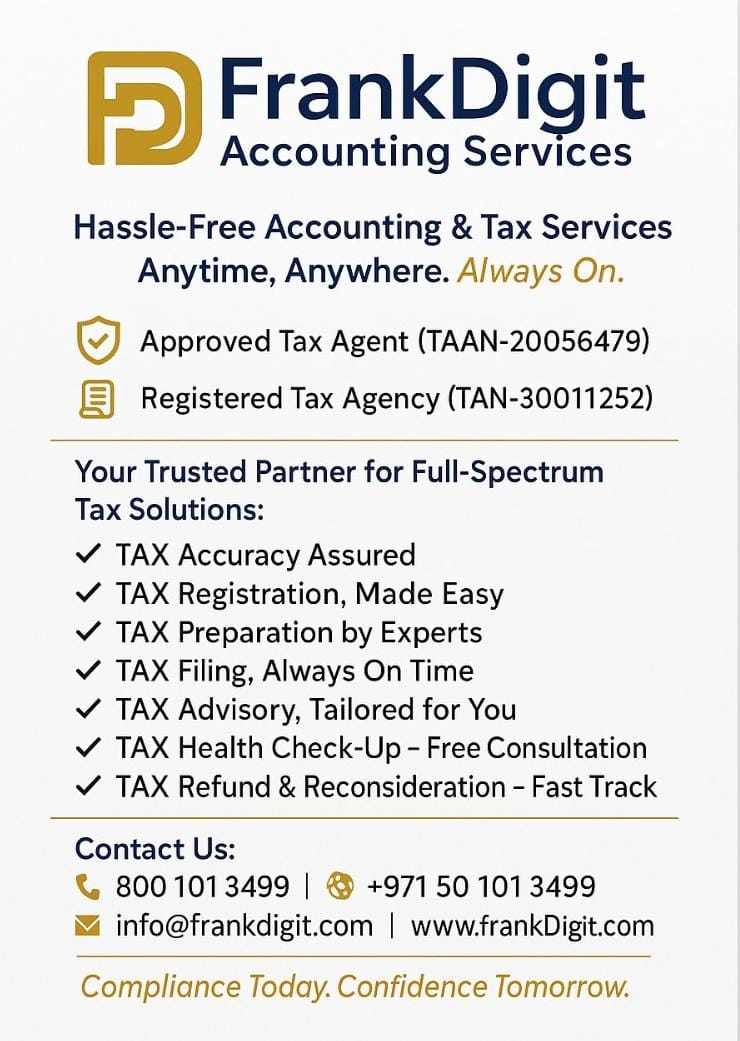Introduction:
If you plan to use documents from abroad in the UAE, you’ll likely need to have them certified. This process confirms the authenticity of the document, making it legally valid for use in the UAE. There are different ways to certify documents, depending on where the document was issued and its intended purpose. This article explains the key aspects of document certification for use in the UAE.
Why Certify Documents?
- Legal Validity: Certification ensures that your documents are recognized and accepted by UAE authorities, such as government agencies, courts, and educational institutions.
- Preventing Fraud: Certification helps to prevent fraud and forgery by verifying the authenticity of documents.
- Compliance: Many UAE laws and regulations require documents to be certified before they can be used for official purposes.
Methods of Document Certification:
- Attestation:
- Definition: Attestation is the traditional method of certifying documents. It involves a series of endorsements from different authorities, depending on the type of document and the country of origin.
- Process:
- Notarization in the country of origin: The document is first notarized by a local notary public.
- Authentication by the relevant government agency: The document is then authenticated by the foreign ministry or other competent authority in the country of origin.
- Legalization by the UAE embassy or consulate: Finally, the document is legalized by the UAE embassy or consulate in the country of origin.
- Apostille:
- Definition: An apostille is a simplified method of document certification for countries that are signatories to the Hague Convention of 1961.
- Process: The document is certified by a designated authority in the country of origin with an apostille certificate.
- Advantage: The apostille process is generally faster and easier than attestation.
- UAE and the Hague Convention: The UAE is a member of the Hague Convention, so documents issued in other Hague Convention countries can be certified with an apostille for use in the UAE.
Types of Documents That May Require Certification:
- Educational Certificates: Diplomas, degrees, transcripts.
- Birth Certificates:
- Marriage Certificates:
- Death Certificates:
- Commercial Documents: Contracts, articles of association, power of attorney.
- Legal Documents: Court judgments, affidavits.
- Passports and IDs:
Key Considerations for Document Certification:
- Country of Origin: The certification process will vary depending on where the document was issued.
- Type of Document: Different types of documents may require different certification procedures.
- Intended Use: The specific purpose for which the document will be used in the UAE may affect the certification requirements.
- Translation: If the document is not in Arabic, you may need to have it translated by a certified translator after it has been certified.
- Validity Period: Some certified documents may have a limited validity period, so it’s important to check the expiration date.
Conclusion:
Certifying documents for use in the UAE is a necessary step to ensure their legal validity and acceptance by UAE authorities. Understanding the different certification methods and following the correct procedures is essential. Consider seeking assistance from a professional document certification service to ensure a smooth and efficient process.






